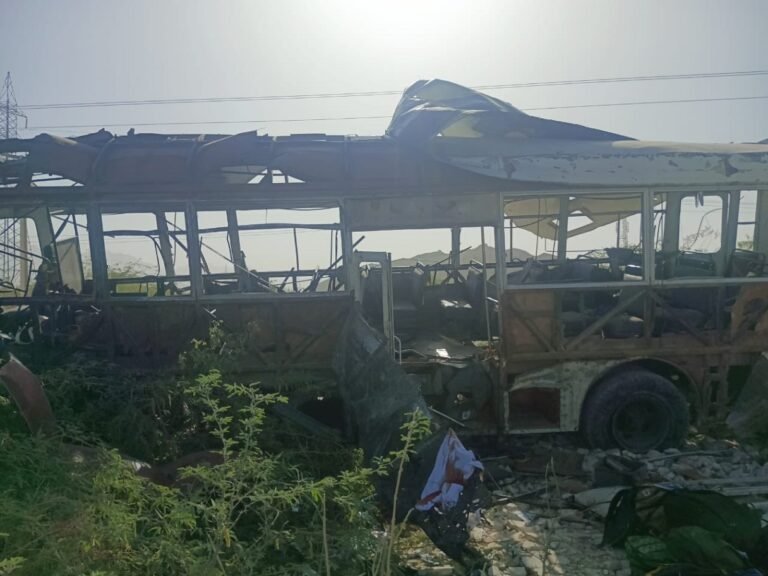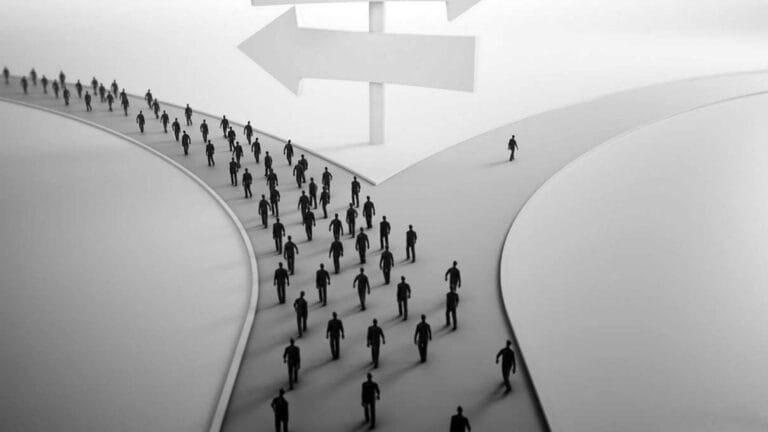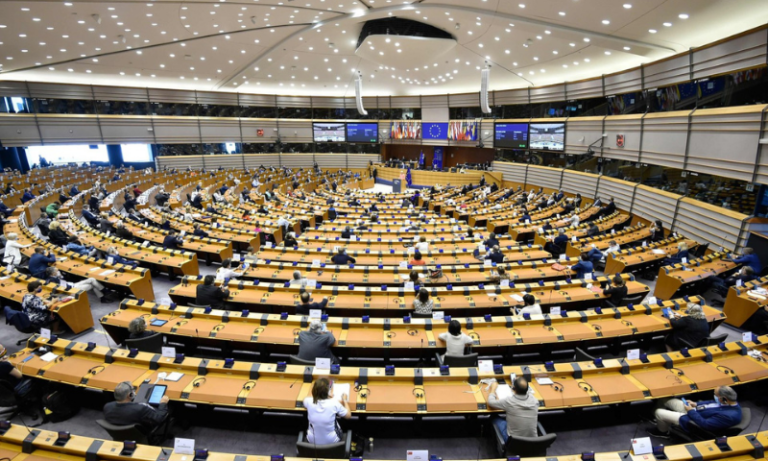Currently, 36.9% of the total population of Pakistan belongs to urban areas. And this ratio is expected to grow to 50% by 2050. The UN report highlighted that the urban population of Pakistan is growing at a rate of 3% annually.
The rapid urbanization can be seen in the increase in the population of the eight largest cities of Pakistan in which 12.9 million populations (since 1998) have increased to 24.3 million now. the report added, The highest population increased in Lahore from 5 million to 11 million. Smaller cities like Quetta and Islamabad also show double population growth. This rapid increase in urban population can cause many serious issues in cities.

The increasing urbanization has converted lush green fields and agricultural land into housing schemes that have affected our country in many areas. Now we will highlight those areas one by one.
1-Food security
Food security is an important objective for all countries. The rapid increase in the Urban population requires more food. In Pakistan, around 20% to 30% of agricultural land in Punjab province, which makes up 65% of the country’s total food requirement, have been converted to industrial units and housing schemes. The conversion of fertile land into houses is leading to serious food security problems in our country. Due to food shortages, Pakistan is facing serious issues. If this increasing trend of urbanization is not checked immediately, we will have to face serious issues which are as follow.
- Hunger: due to the rise in population is causing, less availability of food leads poor people towards hunger.
- Health issues: Increase in hunger weak immunity system of children which will lead them towards many deficiencies, disabilities as well as towards death. Health experts expect that when food prices are high, poor parents will remove their children from school. Not only lack of food availability interrupts the children’s education, but it also increases leads to health consequences.
- Inflation: disrupted food supplies cause inflation which badly affects our poor community. Poor people struggling to feed themselves are nutritionally deficient. Once food prices rise, the poor tend to decrease their intake of nutritious foods. These actions make the poor more likely to become malnourished.
- Deeper Poverty: less food availability causes high food prices that are pushing poor people deeper into poverty in Pakistan.
See more for the latest updates
2-Environmental issues:
Rapid urban population growth leads to environmental issues. Due to the increase in urbanization the cutting of forests for cultivation leading to several environmental changes. This results in polluted air, water, and noise pollution, as well as health issues. Besides all this, the increasing urbanization population growth leads to the migration of a large number to urban areas with industrialization. The industrialization has also adverse effects on climate i.e., toxic substances dumped into streams and the discharge of sewage and industrial waste. These pollutants can make life difficult for humans, animals, and other organisms alike.
Pollution may also poison soils and waterways or kill plants and animals. Human beings are also regularly harmed by pollution. This pollution has many negative impacts on the environment.
Environmental pollution has numerous adverse effects on citizen’s health. the most important harmful effects are perinatal disorders, infant mortality, respiratory disorders, allergy, malignancies, cardiovascular disorders, increase in stress and anxiety, mental disorders, and various other harmful effects. Long-term experience of air pollution can lead to chronic respiratory disease, headaches, allergic reactions, lung cancer, and other diseases. Lack of clean water in cities also leads them at risk of contracting deadly diseases. Long-term exposures also can lead to significant climatic changes that can have far-reaching negative impacts on food, water, and ecosystems.
3-Declines Social Infrastructure:
Rapid urbanization causes a lack of basic facilities like education, electricity, water, transport, housing, and medical aid. There are not enough schools according to the growing population many students cannot get admission in government schools due to insufficient space. Many patients cannot admit to hospitals due to the same reason. An increase in urban population will also increase electricity and gas usage, due to its insufficient supply citizens face load-shedding issues. There is over-crowding everywhere. As a result, the quality of these services goes down. Due to the scarcity of resources, the government must spend a lot on providing for the social needs of the people. But the rapid increase in population makes the burden all the heavier. A rapidly growing population makes it challenging to invest in roads, public services, drainage, and other infrastructure needed to tap such resources.
4-The problem of Unemployment:
Due to rapid urbanization, the number of job seekers is expanding so fast, it has not been possible to employ all. The rapidly rising population makes it almost impossible for economically backward countries to solve their problem of unemployment. Unemployment causes many negative things in society including Poverty, Stress, offenses, and lack of basic needs. Income inequality and limited access to mobility and resources such as water, job opportunities and housing are growing problems due to population growth in urban cities.
Conclusions:
If this urbanization continues to grow this will harm Pakistan. According to the UN report, to improve the living conditions of these settlements and to meet the Sustainable Development Goals, an improvement in the health and socio-economic conditions of slum-dwellers is required.
- Governments should pass laws that plan and provide environmentally friendly and smart growth techniques, considering that people should not reside in unsafe and polluted areas.
- Urban stakeholders must ensure all populations within the urban areas have access to adequate essential social services namely education, health, sanitation and clean water, technology, electricity, and food.
- To reduce the negative effects of rapid private investments should be encouraged to utilize natural resources and create more job opportunities.
- Governments should also encourage sustainable use of urban resources and support an economy based on sustainable environments such as investment in green infrastructure, sustainable industries, recycling, and environmental campaigns, pollution management, and reclamation.
- Key stakeholders in urban areas must provide campaigns and counseling for effective medical health clinics and family planning to help reduce the high rates of population growth.









One thought on “Pakistan’s Urban population to reach 250 million by 2030, United Nations Report says ”
Comments are closed.